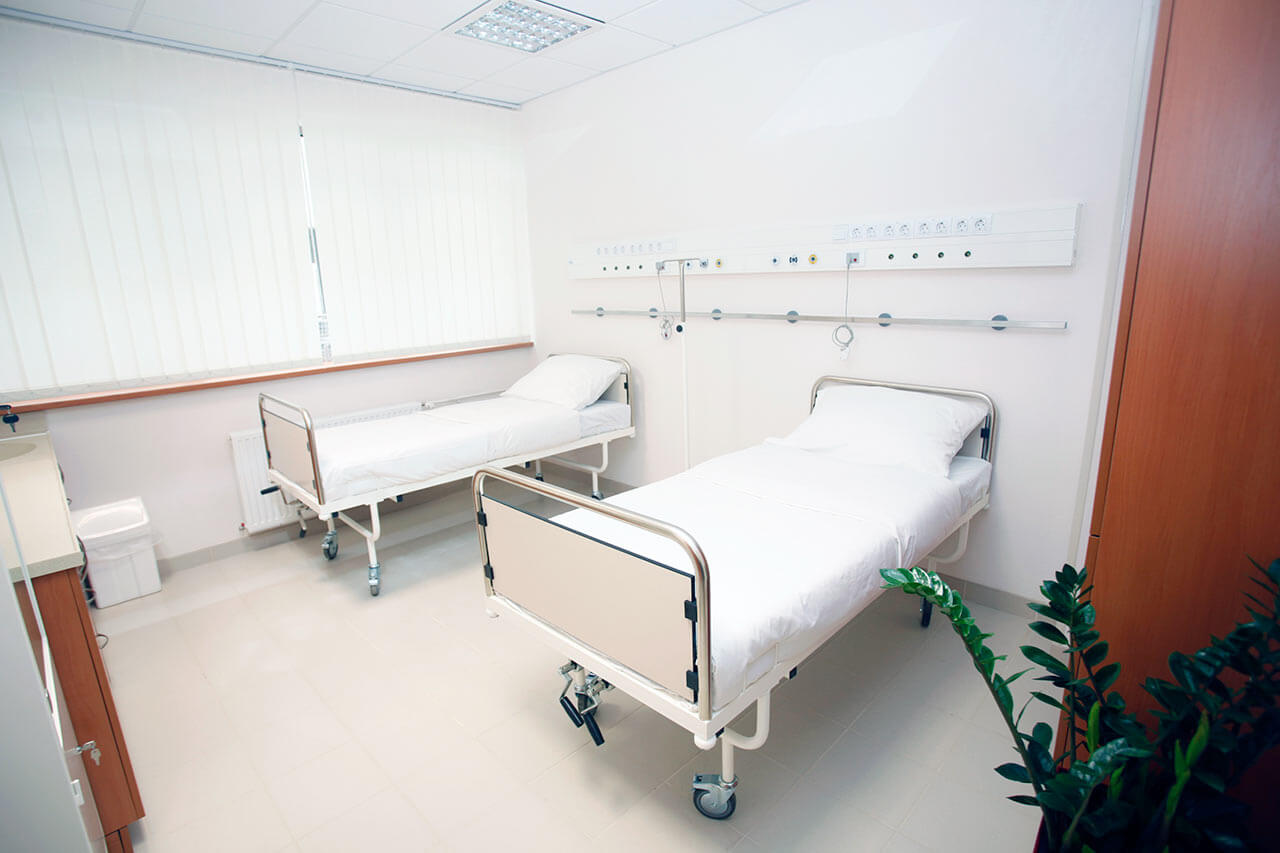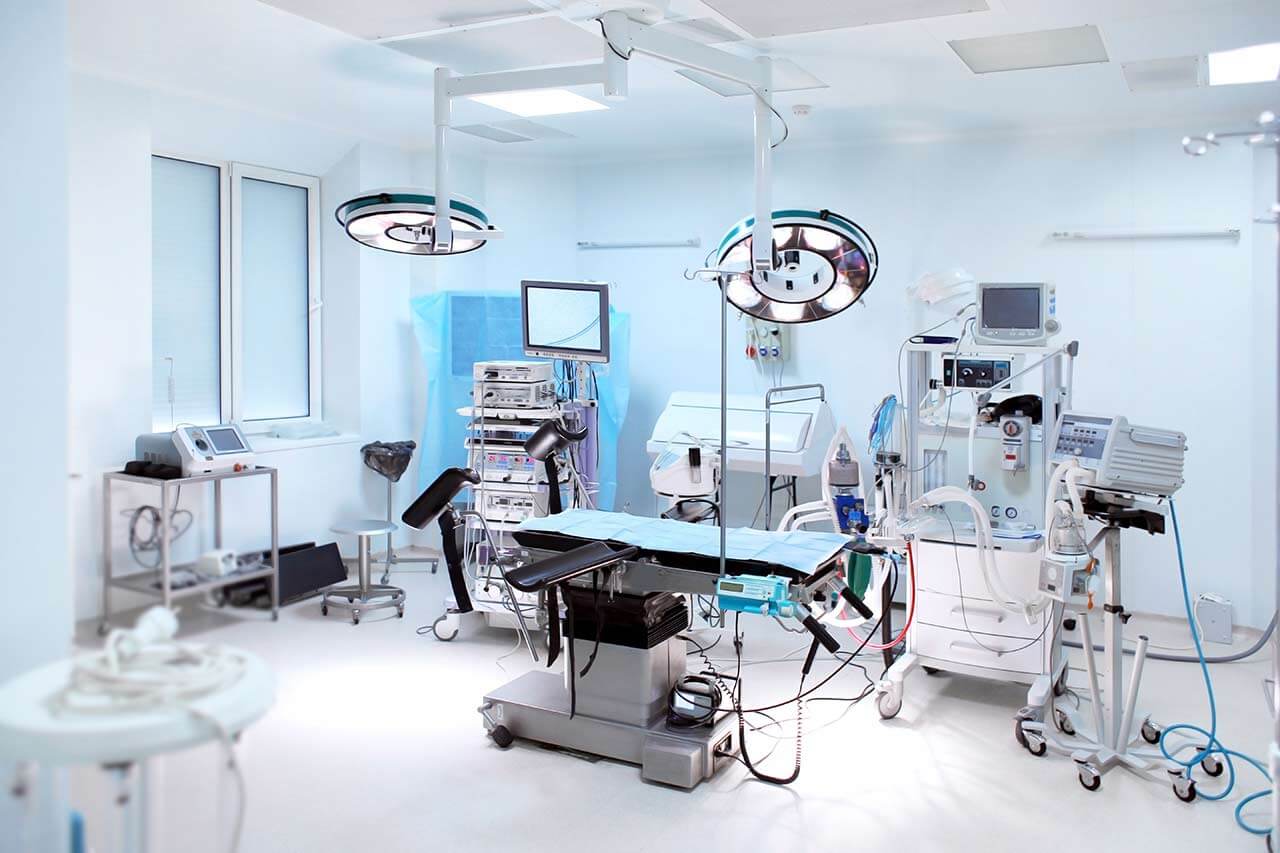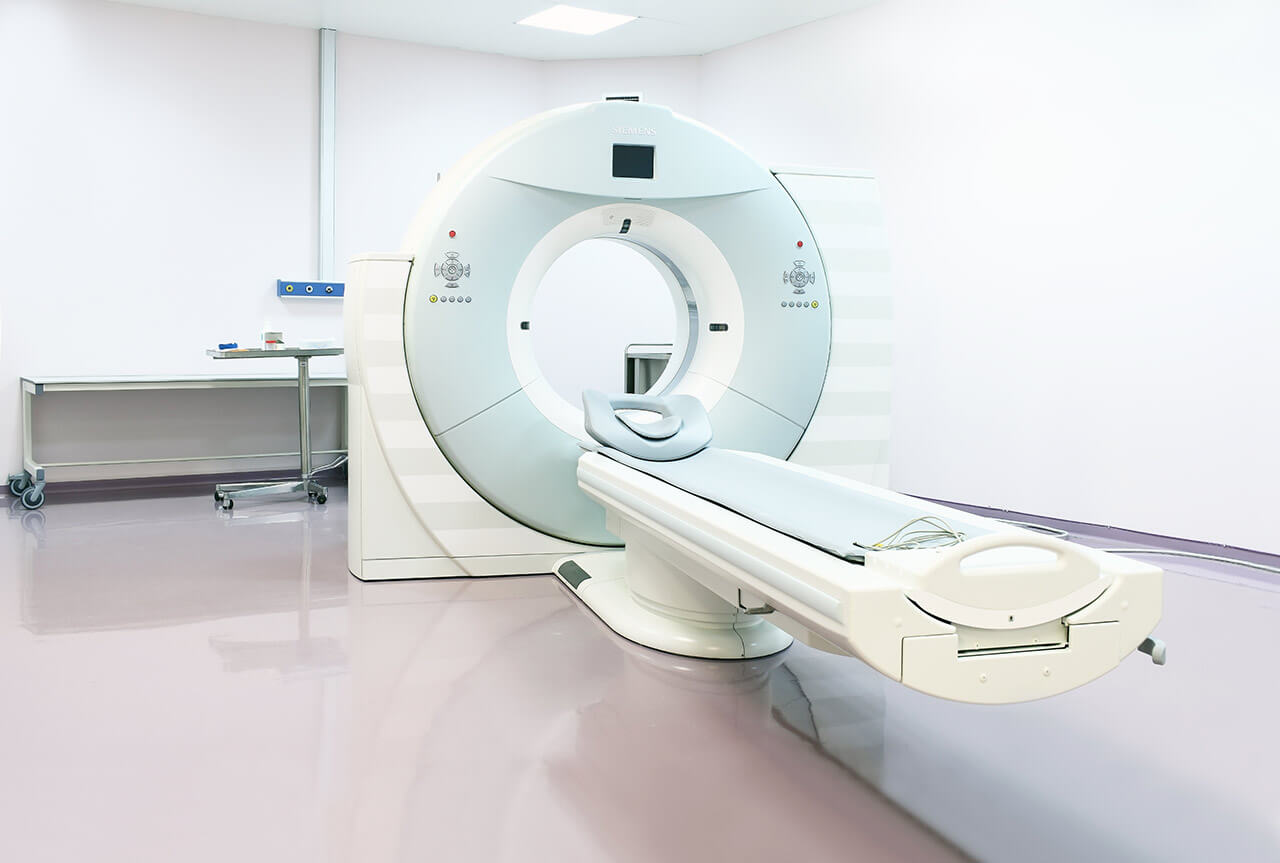
About the Department of Nephrology and Endocrinology at Asklepios Hospital Barmbek Hamburg
The Department of Nephrology and Endocrinology at the Asklepios Hospital Barmbek Hamburg offers all the possibilities of modern diagnostics and treatment for patients with kidney diseases, arterial hypertension, and diabetes mellitus. The department's key area of specialization is the treatment of acute and chronic kidney failure. The department houses a specialized Shunt Surgery Center, which was founded in 2008. More than 1,000 interventions to create dialysis access are performed here annually. To ensure the success and safety of these interventions, the medical facility has at its disposal advanced imaging methods, including angiography, computed tomography, and magnetic resonance imaging. The department also has a Dialysis Unit where renal replacement therapy for chronic kidney failure is performed. Special attention in this area is paid to hemodialysis and peritoneal dialysis. The department's specialists also admit patients with plasmacytoma (a malignant disease), which causes a severe complication, namely myeloma cast nephropathy. The department has a team of endocrinologists responsible for providing care to patients with types 1, 2, and 3 diabetes mellitus and gestational diabetes. Their responsibilities range from diagnosing the disease to treating associated complications. The department is headed by Prof. Dr. med. Tobias Meyer.
The department specializes in the treatment of kidney diseases of any severity. Of particular interest to the department's nephrologists is the treatment of acute and chronic kidney failure. The treatment methods for acute kidney failure depend on the causes of the pathology. Doctors initially carry out treatment to normalize water-electrolyte metabolism and blood pressure. In some cases, renal replacement therapy may be required. Chronic kidney failure usually develops due to diabetes mellitus and uncontrolled arterial hypertension. The treatment is aimed at slowing the progression of the disease and preserving kidney function. The department has various methods for this purpose, with priorities focused on regulating blood pressure, controlling blood glucose levels, preventing infections, and avoiding medications that have the potential to damage the kidneys.
Patients with chronic kidney failure often undergo dialysis and renal replacement therapy. The attending physician selects the best type of dialysis on an individual basis. Most often, patients receive hemodialysis or peritoneal dialysis. Hemodialysis is extracorporeal blood purification. The patient is connected to a special machine that cleans the bloodstream of waste products, after which the purified blood is returned to the patient's blood vessels. Hemodialysis is usually performed 3 times a week. Peritoneal dialysis involves blood purification inside the body using the peritoneum as a natural semipermeable membrane. A solution is injected into the abdominal cavity through a catheter, absorbing waste products and excess fluid from the blood through the peritoneal membrane. The solution is then removed from the patient's body. The main advantage of peritoneal dialysis compared to hemodialysis is its relative simplicity, allowing most patients to undergo the procedure on an outpatient basis. The department also has successful experience in other blood purification procedures, including membrane plasma separation and immunoadsorption.
The department has established a Shunt Surgery Center since 2008, which employs a variety of shunting methods to create dialysis access. The center has state-of-the-art medical equipment, which ensures precise planning of the intervention and guarantees its maximum safety and efficiency. Over 7,000 shunt procedures have been performed here since the center was opened, which indicates the vast experience and professionalism of doctors in this field.
The department admits patients with diabetes mellitus. A highly qualified team of endocrinologists has been formed here for this. Doctors specialize in the diagnosis and treatment of types 1, 2, and 3 diabetes mellitus, gestational diabetes (in cooperation with the Department of Obstetrics), and complications of diabetes mellitus. The department holds consultations in diabetology, including dietary recommendations for lactose intolerance, celiac disease, rheumatoid arthritis, diverticulosis, colitis, pancreatitis, gout, kidney failure, etc. To achieve the most effective results, specialists from related medical fields, including interventional radiologists, ophthalmologists, cardiologists, and other physicians, are involved in the diagnostic and treatment process. The department holds lifestyle modification programs for diabetes mellitus, during which patients receive comprehensive information on nutrition, controlled physical activity, and self-monitoring of blood glucose levels. Management of diabetes mellitus requires treatment with oral hypoglycemic medications or insulin therapy. The optimal drug therapy regimen is prescribed on an individual basis.
Another important focus of the department's work is providing care to patients with arterial hypertension. Highly qualified doctors certified by the German Hypertension League (DHL) treat patients here. The specialists most often deal with hypertensive crises and rare, resistant forms of arterial hypertension. As a rule, individual drug therapy is prescribed for these conditions.
The department's key clinical focuses include:
- Nephrology
- Diagnostics and treatment of acute and chronic kidney failure
- Diagnostics and treatment of glomerulonephritis caused by vasculitis, Wegener's granulomatosis, systemic lupus erythematosus, pulmonary diseases, etc.
- Diagnostics and treatment of kidney lesions caused by arterial hypertension
- Diagnostics and treatment of kidney lesions caused by plasmacytoma
- Endocrinology
- Diagnostics and treatment of types 1, 2, and 3 diabetes mellitus, gestational diabetes mellitus, as well as complications of diabetes mellitus
- Other medical services
The department's therapeutic options include:
- Drug therapy
- Renal replacement therapy (dialysis)
- Hemodialysis
- Peritoneal dialysis
- Membrane plasma separation
- Immunoadsorption
- Insulin therapy, including insulin pump therapy
- Other treatment methods
Curriculum vitae
Since July 1, 2014, Prof. Dr. med. Tobias Meyer has held the position of Head Physician of the Department of Nephrology and Endocrinology at the Asklepios Hospital Barmbek Hamburg.
Prior to that, the doctor was the Head Physician of the Department of Internal Medicine at the University Hospital Hamburg-Eppendorf. After studying medicine in Freiburg, Prof. Meyer became an intern in Munich. The doctor also received a scholarship from the German Research Foundation (DFG), which made him a Research Fellow at the Harvard Medical School in Boston and a Research Fellow with a doctoral degree at the University of California, San Diego.
Prof. Dr. med. Tobias Meyer is an active trainer at the Asklepios Medical School. He holds courses and lectures on general and specialized nephrology every week.
Research Interests
- Current pharmacological and interventional treatment of arterial hypertension.
- Pathogenesis, clinical course, and treatment of various forms of glomerulonephritis.
Memberships in Professional Societies
- German Society of Nephrology.
- American Society of Nephrology.
- International Society of Nephrology.
- European Renal Association.
Photo of the doctor: (c) Asklepios Klinik Barmbek



